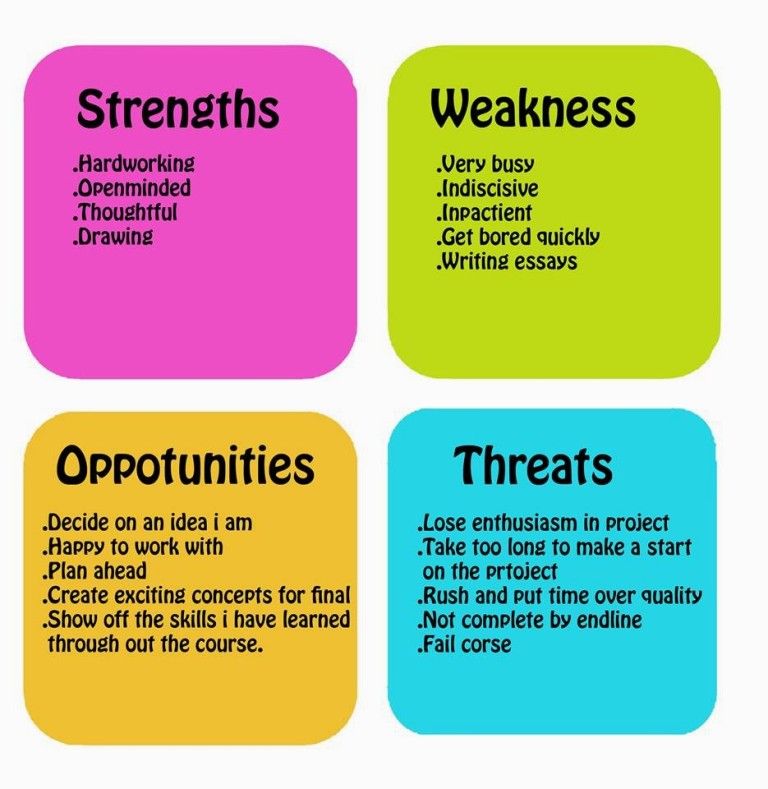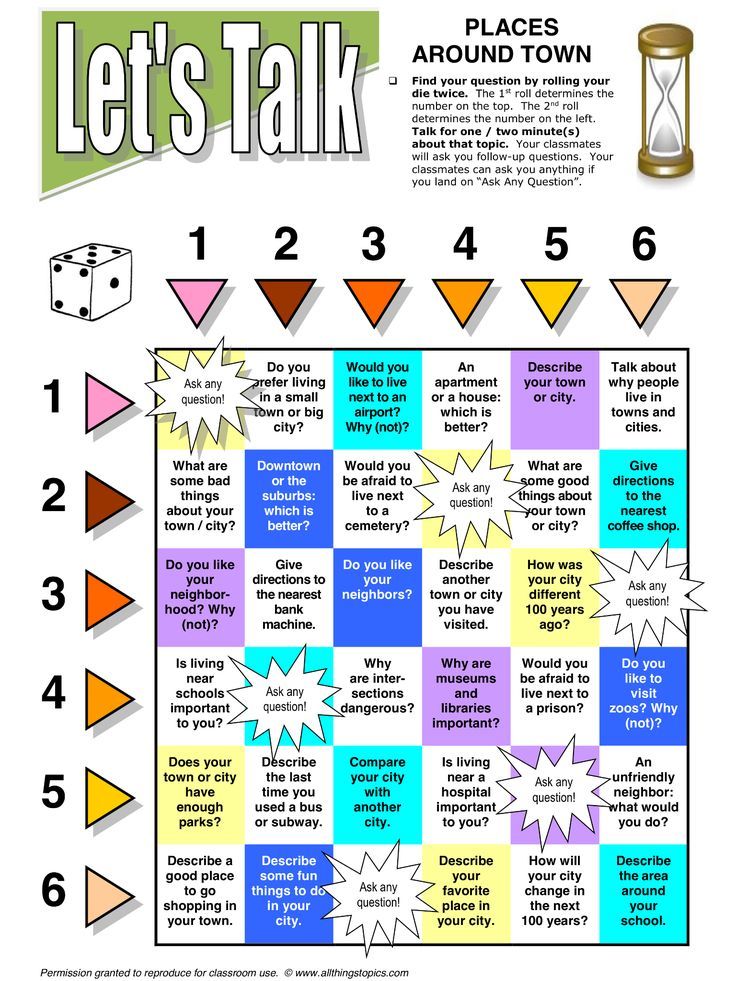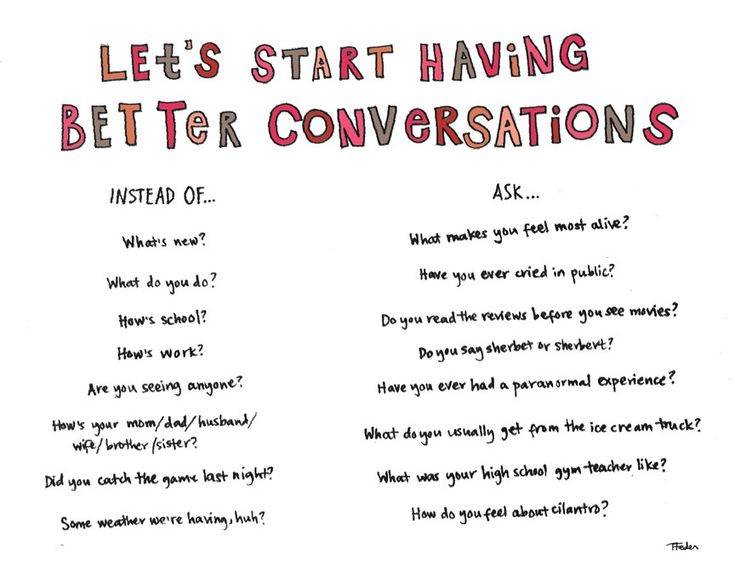Capitalize on your strengths
7 TIPS to Capitalize on Your Strengths
a pilgrimage to self intentional living strengths transformation Oct 12, 2020
Once you know what your strengths and weaknesses are, you can begin to place focus on the strengths you have to lead you to living an Intentional Life. You’ll still want to develop your strengths and improve on the weaknesses you’ve identified that matter to your physical, mental, emotional, and spiritual realm. Knowing your strengths and weaknesses can greatly impact your ability to capitalize on your strengths to make progress on goals and success in all areas of your life.
Identifying strengths is an important element within my coaching programs because it’s one of the quickest PATHS to transformation for clients that are committed to their success.
We do this with researched-based exercises, self-awareness, and reflection.
When you’ve determined what people compliment you for, what you’re happiest doing, and how those things fit into your life, you’ll be able to better approach your quest for success in all areas of your life, including play, personal, and professional work. The truth is that the main area of importance is the personal because it is foundational to living with clarity, purpose, and direction. If your personal life feels successful, then your play and professional work will feel that way too. Your top qualities, characteristics, and strengths will be apparent across all three areas.
Once you’ve identified your strengths, it’s time to capitalize on them and allow them to pave the way to living the life of your dreams...an Intentional Life based on your personal values, boundaries, and goals.
Here are seven tips to help you be intentional with your time, energy, and money:
- Say No – If it’s possible, start saying no to tasks that don’t emphasize and take advantage of your strengths.
 Time is your most valuable asset and managing it is your responsibility. Take charge and don’t commit to activities and tasks that don’t serve you, bring you joy, or align with your purpose. You honestly do not need an excuse to say no, but if you’re uncomfortable, just say you have to check with your calendar or your partner first. Then say no later. Sometimes just taking a quick pause before responding will allow you to distance yourself from committing to what you do not want to do.
Time is your most valuable asset and managing it is your responsibility. Take charge and don’t commit to activities and tasks that don’t serve you, bring you joy, or align with your purpose. You honestly do not need an excuse to say no, but if you’re uncomfortable, just say you have to check with your calendar or your partner first. Then say no later. Sometimes just taking a quick pause before responding will allow you to distance yourself from committing to what you do not want to do.
- Cross Skills – Are you super organized at work, but your home life is a little chaotic due to lack of organization? Why not share some of your work skill of organization with your home life to help you find more joy at home? Use important systems to help you master your time, energy, and space. Schedule activities and events on your calendar that align with your purpose, values, and intentions.
- Keep Learning – If you have a weakness that is interfering in one of your strengths, identify steps you can take for improvement.
 Following the philosophy of the Indian Proverb A House With Four Rooms, I do something daily for my physical, mental, emotional, and spiritual wellbeing. It’s important to keep learning to capitalize on your strengths and to do this, my clients learn to adopt the Kaizen technique of making small, incremental steps forward for progress. Don’t stress about not knowing something or transforming a weakness, just take one step each day to learn something you need to know. For example, if you need to learn about a topic, find books and read at least 30 minutes each day. This is a healthy habit for your mental wellbeing. By the end of the year you’ll have become an expert in at least one subject.
Following the philosophy of the Indian Proverb A House With Four Rooms, I do something daily for my physical, mental, emotional, and spiritual wellbeing. It’s important to keep learning to capitalize on your strengths and to do this, my clients learn to adopt the Kaizen technique of making small, incremental steps forward for progress. Don’t stress about not knowing something or transforming a weakness, just take one step each day to learn something you need to know. For example, if you need to learn about a topic, find books and read at least 30 minutes each day. This is a healthy habit for your mental wellbeing. By the end of the year you’ll have become an expert in at least one subject.
- Don’t Like Something? Stop. – You really don’t need an excuse, but if you really dislike doing something, you don’t have to do it. Figure out what else you can do, hire someone to do it for you, or give it up altogether. You need to be intentional with your own life.
 Start with the things you can easily stop doing right now. Make the changes. Then, identify the things that you want to give up and can’t right now, create steps toward being able to give it up or delegate it.
Start with the things you can easily stop doing right now. Make the changes. Then, identify the things that you want to give up and can’t right now, create steps toward being able to give it up or delegate it.
- Strengths First – Make it your goal to spend more quality time doing things you enjoy doing that you are good at. If you make it a goal to spend your time for the most part with everything you like doing and are good at doing, your life will feel even more successful as every moment will be a pleasure. Building this positive momentum will carry into other areas of your life.
- Avoid Negative People – If anyone in your life is a drag on your confidence, self-esteem, or self-worth, you need to consider letting the relationship go. Some people, even family, are toxic to living an Intentional Life, so you’ll need to set personal and professional boundaries. Don’t allow negative judgments or gossip to manipulate your thoughts because your thoughts lead to your feelings which lead to the actions you do or do not take.
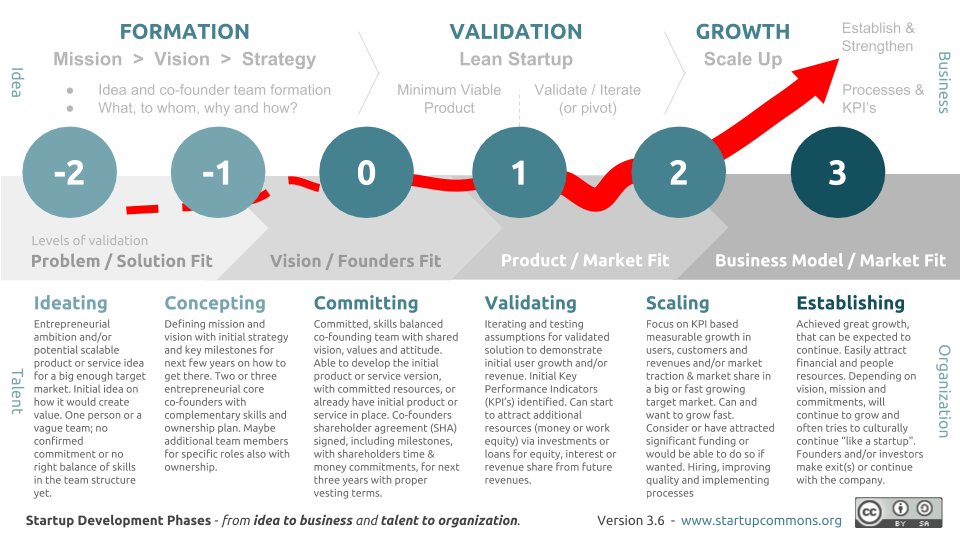 Spend time with people who lift you up, make you feel good, and make you know you can do it. Whatever “it” is.
Spend time with people who lift you up, make you feel good, and make you know you can do it. Whatever “it” is.
- Leave Your Comfort Zone – Focusing on your strengths doesn’t mean you avoid leaving your comfort zone. Personal development is important to your growth, wellbeing, and happiness. Allow yourself to live large and be the person you want to be. For example, if you enjoy writing and fancy yourself a published author, make it a goal to write for at least one hour a day leading to a published book at the end of the year. Push through anything uncomfortable to move on and forward with living your Intentional Life...the life you deserve to live.
The benefit of focusing on your strengths over weaknesses is a life lived of pleasure, happiness, and success over one of frustration and unrequited goals. By nurturing your talents, you’ll avoid the risk of them fading away and the pain of regret.
This became evident to me with my search and direction for living my own Intentional Life, especially after growing up in a dysfunctional family, as a victim of domestic violence, a tumultuous divorce, and nearly losing my life because of a major health issue. I value living my Intentional Life...connecting with people, visiting new places, and using my strengths to have a positive impact on others...enjoying my life free of the past traumas, blessed beyond measure, and truly happy.
I value living my Intentional Life...connecting with people, visiting new places, and using my strengths to have a positive impact on others...enjoying my life free of the past traumas, blessed beyond measure, and truly happy.
Until next time...
Lisa
P.S. Are you capitalizing on your strengths to live your best life? A Pilgrimage to Self Lifestyle Coaching offers private 1:1 coaching and an online membership to help women discover, design, and develop their own Intentional Lives. The Achieve with UNLIMITED Laser Coaching helps busy professionals accomplish their personal and professional goals. Learn more at www.lisamcgrath.me
Capitalizing on Your Leadership Strengths
Career Advice
Aug 05, 2022
Read time: 2 mins
Share
When you understand your strengths, you can begin to cultivate your role to ensure that you get to make the most of your talents. Doing this can help make you a better leader and bring more meaning and purpose to the work you do.
In this video, Emma Seppälä, Program Co-Convener on the Women’s Leadership Program from the Yale School of Management Executive Education, explains how your personal strengths can help you, and your team, excel.
Transcript
When you really understand deeply what your best self is, and when you’re in a place where it is valued, you can actually shape your role. You can actually craft your position in such a way that you are really honing in on your strengths.
There was a data engineer who spent most of her time behind the computer at work, and yet, she did this exercise and realized that she has these fabulous people skills and this deep empathy that really helps her mentor others. And she realized that she isn’t able to perform those kind of activities in her position. And so, she crafted her job in such a way that she could engage more with other people, nurture other people on her team, and that made the job a lot more fulfilling for her. Sometimes, you need to actually change your position to capitalize on your strengths more.
And so, she crafted her job in such a way that she could engage more with other people, nurture other people on her team, and that made the job a lot more fulfilling for her. Sometimes, you need to actually change your position to capitalize on your strengths more.
Some environments will support your strengths, others will not. A Gallup study of over 200,000 employees asked them, do you have the opportunity to do what you do best every single day? Now, think to yourself, what percentage of those people do you think answered “no”? 80%. Think about what would happen if 80% of the people answered “yes.” And that’s what you can do when you bring out the best self in your team and the people that work with you. What is the outcome of a conventional feedback session, performance review? A study run by Gallup showed that 86% of people who leave that kind of session do not feel inspired or motivated to change; and 30% of them – their performance actually gets worse. So, our current way of doing things is not working.
Your strengths are a gift to everyone around you. They can really help you excel as a leader, and they are probably talents, gifts, strengths that make you happy when you engage in them. So, there’s something to really take in and think about: “Are you using them currently in your life, and how can you use them more? How can they inform you about how to lead a team and how to bring out the strengths in others?”
Filed under: Career advice
Related Reading
Sign up to our newsletter
Fill in your details to receive newsletters from GetSmarter (a 2U, Inc. brand) and the 2U family of companies, inclusive of news, thought-leadership content, and the latest blog posts.
* Required fields
Success! You have been subscribed.
Visit our blog to see the latest articles.
Visit the blog
Why you should know your strengths
Strengths can be creativity, leadership and other qualities.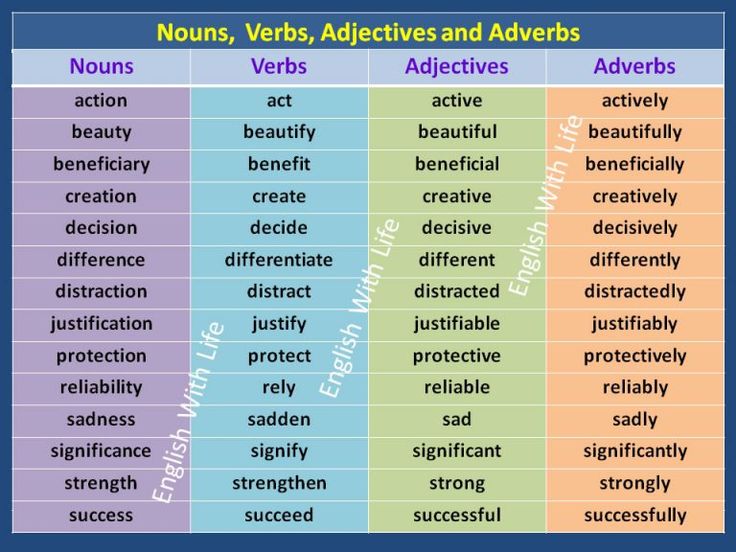 In work, you can use strengths, but you can use weaknesses. With strengths, you will get more done in a week, and the same goes for a month and a year. This is just the tip of the iceberg of the benefits that knowledge of strengths will bring to you. Find out more about the benefits later in the text.
In work, you can use strengths, but you can use weaknesses. With strengths, you will get more done in a week, and the same goes for a month and a year. This is just the tip of the iceberg of the benefits that knowledge of strengths will bring to you. Find out more about the benefits later in the text.
Contents of the article:
With your strengths, you deal with problems easily
Let me give you an example of a boring job. Let's say the accounting department has printed thousands of report sheets. They need to be packaged in the same style, indicate the dates and types of documents. This will make it easy to find documents in the future.
You can gather employees and tell the rules of registration, but you are not strong in speeches. Leadership is not your forte. You show yourself better in creativity and humor. So you create cards with funny design instructions and distribute them to employees. Creativity grabs attention and humor keeps attention. I’ll also tell you a secret: it’s easier to win people over to your side if you make them laugh.
If you are not aware of your strengths, you cannot ask yourself, “Where can I apply my strengths? How to use humor and creativity? Knowing the strengths makes it possible to analyze how to do the job easier and faster. You will be able to find out in which areas you are underutilizing your strengths and increase your productivity.
With strengths you get the life you always wanted
Strength is something that we have been doing for many years, and not just good at it. People usually do something for years, because the result of the work is useful and consistent with values. Rarely does the opposite happen voluntarily. The example below reveals how this can lead to the life we've always wanted.
In the ninth grade, I was choosing where to go to study. I wanted to become a designer, but my parents insisted on the oil industry. Then everyone told me the same thing: “Listen to your parents, because they have life experience ”. This inspired the idea that I was inexperienced and wrong in my choice of design.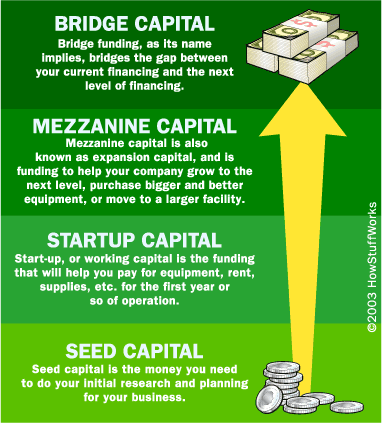 The experience of my parents was on the side of the oil industry, it put pressure on me and made me feel insecure in my judgments. But I could not stand the oil industry and did not want to waste my life on it.
The experience of my parents was on the side of the oil industry, it put pressure on me and made me feel insecure in my judgments. But I could not stand the oil industry and did not want to waste my life on it.
One evening I angrily began to analyze what it is - the "experience of parents" that puts such pressure on me? I came to the conclusion that this concept is meaningless. Adults are older children who have different experiences and analyze them in different ways. For example, someone does not know about typical thinking errors and comes to a false conclusion, while someone's experience is outdated. Therefore, some will advise one thing, and others another. Among them there are those who have been advising people in choosing a profession for 20 years, and even they make mistakes. What then to say about my environment? It was a liberating thought.
Since then I have been freed from many myths and have been relieved. Liberation encouraged me to think critically. I liked that I didn't waste my life, resources and money on myths.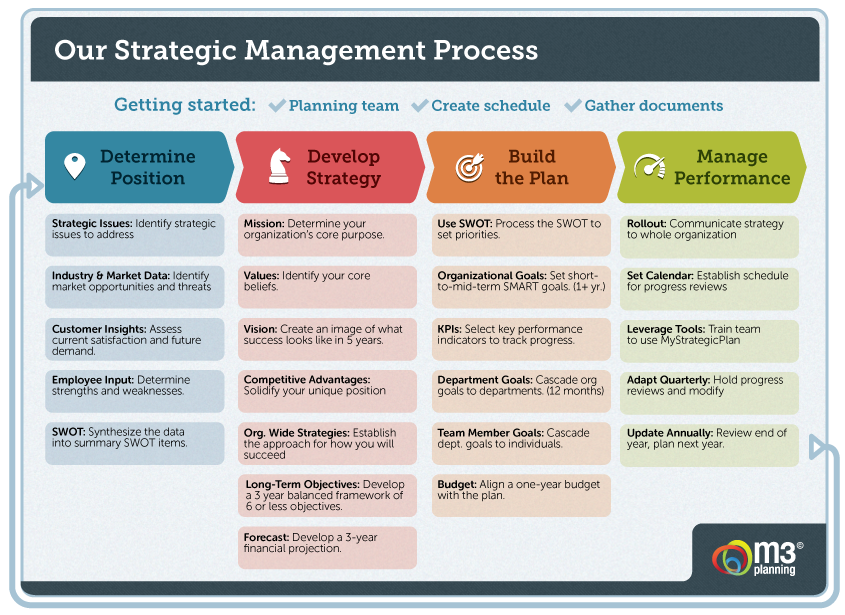 Over time, critical thinking has become part of the personality and strength.
Over time, critical thinking has become part of the personality and strength.
I try to think critically because it brings me what I want. It's not a question of money. Also, the artist's strong point is a sense of aesthetics. He expresses it in his works because it satisfies aesthetic needs. Another strength is the desire to help others. Such a person can be happy to work in a dog shelter. This is how strengths emerge and develop.
Strengths became strong because they were needed to get what they wanted. Rarely does the opposite happen. Using them usually means doing what we want. This is where the secret lies: if you do what you want, then you live how you want. It makes you happier[1].
You feel competent and are recognized by others
You do a good job when you use your strengths. You see the result of the work and feel your competence, and this increases self-esteem. You accept yourself more because you feel “good enough.”
Through work, you also demonstrate your abilities and perhaps even inspire someone. Colleagues respect you for your skills, and friends and acquaintances compliment you. You feel accepted into the company.
Colleagues respect you for your skills, and friends and acquaintances compliment you. You feel accepted into the company.
In this way, you get satisfaction from the result of work and live the way you want when you use your strengths. Thanks to this, you practice your strengths over and over again. A “perpetual motion machine” is created: you develop strengths because you become happier, and vice versa. This way you can reach the heights in your field.
Tips for using strengths
- Using even one strength makes a person happier. However, the peak of happiness comes when a person uses 4 strengths[2]. A veterinarian who has kindness, critical thinking, and a love of learning can make the most of their strengths. On the one hand, training and critical thinking will make him an exceptional specialist, and on the other hand, kindness to animals will encourage him to move on and be affectionate to animals. Maybe he will be richer. At least I would trust him with my pets.
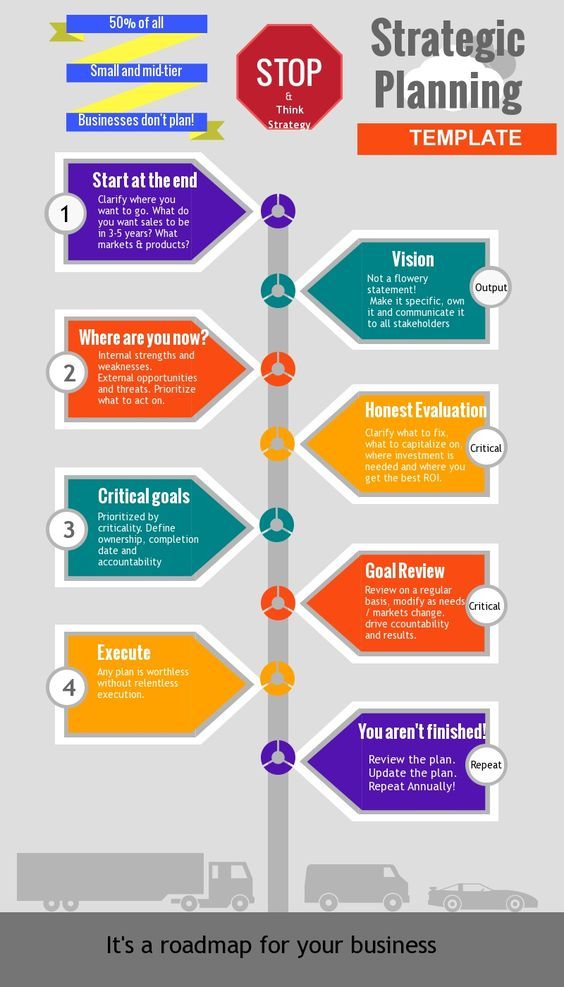
- Consider working with a coach. The coach will help you find your strengths and find new ways to apply them. You can read more about coaching in the article What is coaching and how can it help?
- Do what you love more often. Hobbies and passions are examples of what we like and where we develop.
- Practice strengths whenever possible. Send a thank you letter to someone important to you if gratitude is your forte. Or maybe kindness is your forte. Then you can help an elderly neighbor with groceries.
Ways to identify strengths
Keep a diary. Think of a moment at the end of the day when you felt proud, happy, or deeply meaningful. Then ask yourself two questions:
- What was I doing at that moment? For example, you could help a friend.
- Which side of personality did I use then? For example, you could be kind.
Ask others. Contact someone you feel comfortable talking to.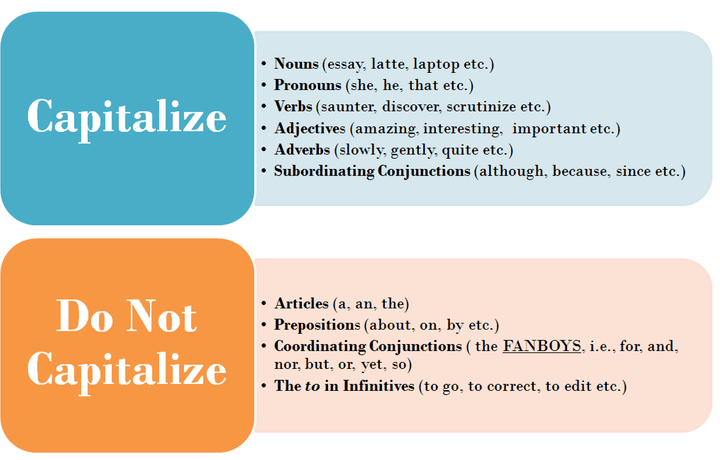 Ask him what he likes about you.
Ask him what he likes about you.
Complete the VIA Inventory of Strengths questionnaire. The test takes 15 minutes to evaluate 24 personality traits. We touched on some of the personality traits in the text: kindness, a sense of beauty, critical thinking. You can find the entire list of personality traits in the article Which test will help you find your favorite job.
Test for adults in Russian at the link.
Test for children aged 8-17 at the link.
- https://www.researchgate.net/publication/281424792_Using_signature_strengths_in_pursuit_of_goals_Effects_on_goal_progress_need_satisfaction_and_well-being_and_implications_for_coaching_psychologists
- https://www.researchgate.net/publication/235746469_The_Application_of_Signature_Character_Strengths_and_Positive_Experiences_at_Work
Receive articles
How to develop your strengths and weaknesses in order to be in demand?
Do you feel like there is nothing special about you? This is wrong! It’s just that since childhood, we are taught to focus on our weaknesses.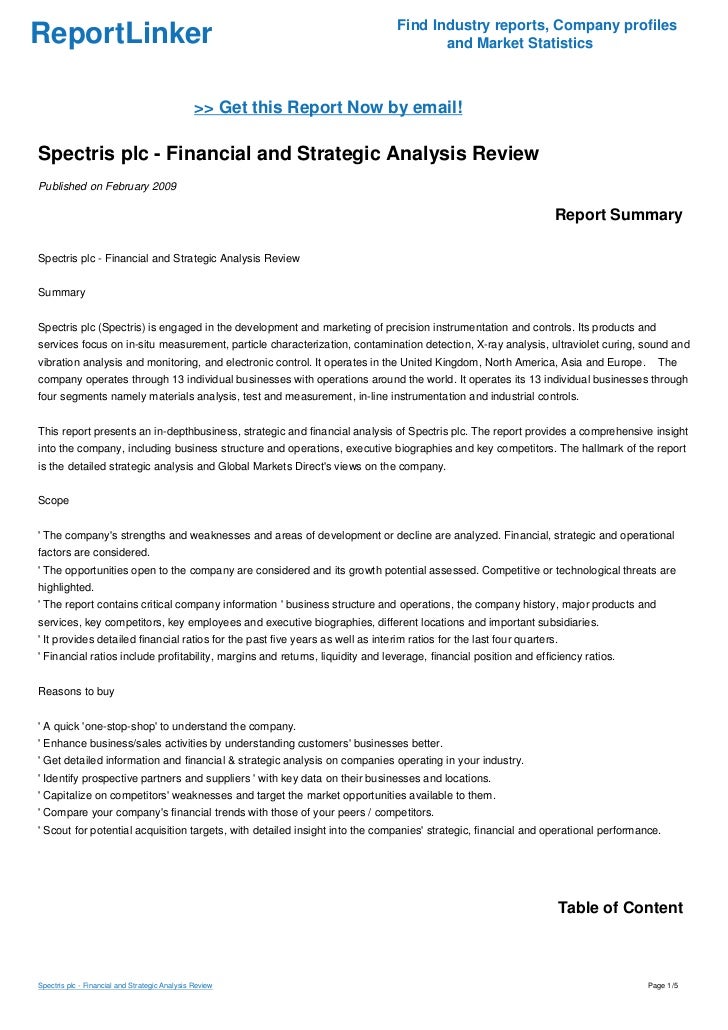 But is it right? Looking for an answer with a coach!
But is it right? Looking for an answer with a coach!
Society mercilessly points out our mistakes, and takes the rest for granted. So the whole focus of our attention is shifted to the weak sides. But this approach has many disadvantages.
Our author — Natalia Saprykina, coach, consultant and business coach.
First a little test
Question #1. Name your weaknesses. What are you missing, what else do you need to work on? Stop and read the article no further. Write it down.
Question #2. What are your strengths? What comes easily to you, what sets you apart from everyone else? Stop again, do not read the article further. Write it down.
If you managed to write a list of weaknesses right away, but had to strain to formulate strengths, no wonder. In 95% of cases, people immediately respond with a long list to the question of what they need to work on.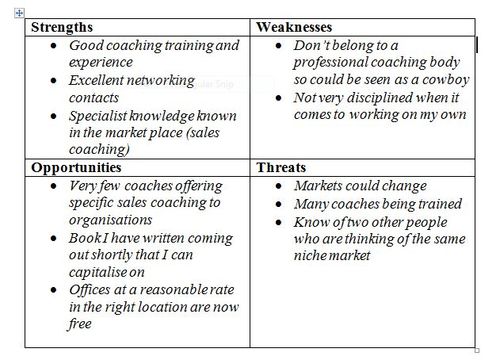 But the question about their strengths usually makes you think.
But the question about their strengths usually makes you think.
Why do we need to stand out?
We tend to take our strengths for granted and not pay much attention to developing them. Everything would be fine, you can live with it ... If it were not for the rapidly changing world around.
Labor market development trends point to globalization, automation, the increasing demand for freelancing, outsourcing and temporary project teams. Which brings us to the logical conclusion - stand out to be in demand. Or be content with what remains in the labor market after trends become our usual reality.
After realizing this thought, the first question my clients ask me is: “What should I do?! There is nothing special about me!”
I hasten to reassure you that each of us has strengths. Often we are not aware of them, but they are definitely there!
Where to start?
Part 1.
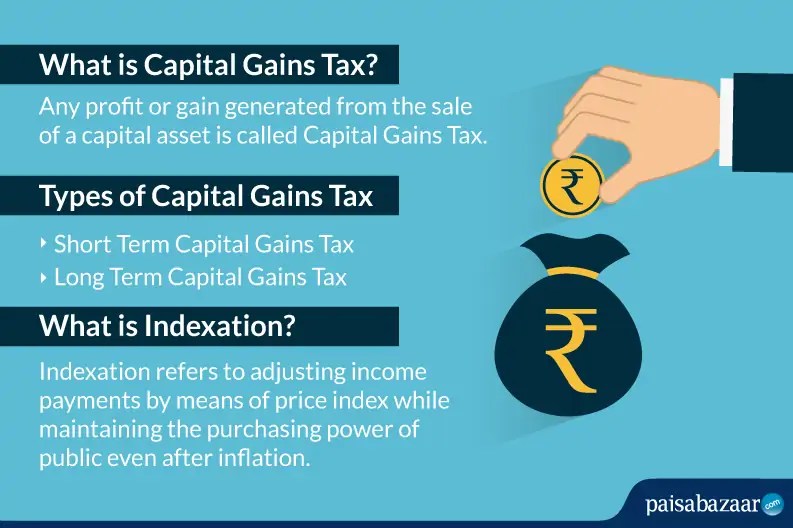 Research
Research
1) Self-examination. Sit down in a quiet environment and write down all the answers to the question "What am I good at?" that come to mind.
Important: in remember what you did well, but you were not praised for it. The fact is that children are usually praised when something that was usually given badly turned out well.
2) Survey of friends. Ask friends and acquaintances to name 3 of your strengths. Let them not only name the qualities, but also try to describe what exactly they mean.
Important: with , the fact is that different meanings can be hidden behind the same words. Conversely, different words can have the same meaning.
3) Pass various tests. For example, the Adizes test, a test for the type of thinking.
Important: since there are professional career guidance tests, the results of which you analyze together with an expert.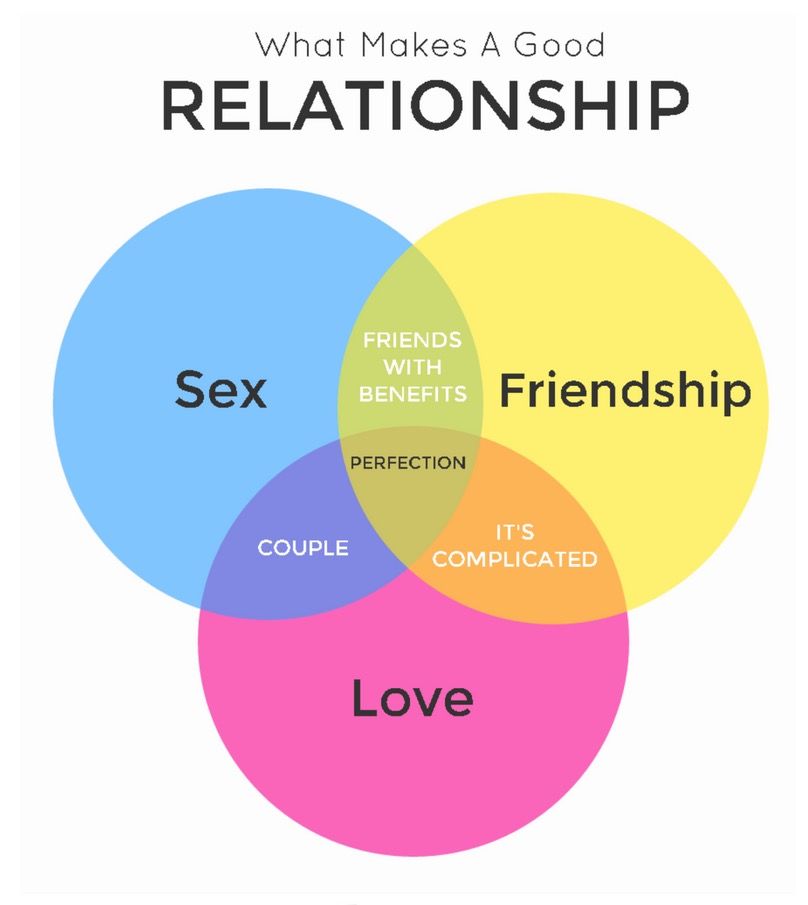
Part 2: Analysis
Analyze the data. What qualities and characteristics of yours are repeated in all studies? These are your strengths. Live with this information. Observe yourself for a while, note the situations where these skills are manifested.
How to develop your strengths in your career?
1) Think about where you already show your strengths in your work.
Hint: If we use our strengths, which are also our natural talents, we feel content.
2) Analyze in which profession your strengths are in demand and will be in demand in the next couple of decades. If this is the same profession that you have now, everything is fine. If not, it might be worth considering in what profession it would be interesting for you to realize yourself in the future.
3) Make a list of how you can further develop your strengths, to become recognizable and in demand in the market.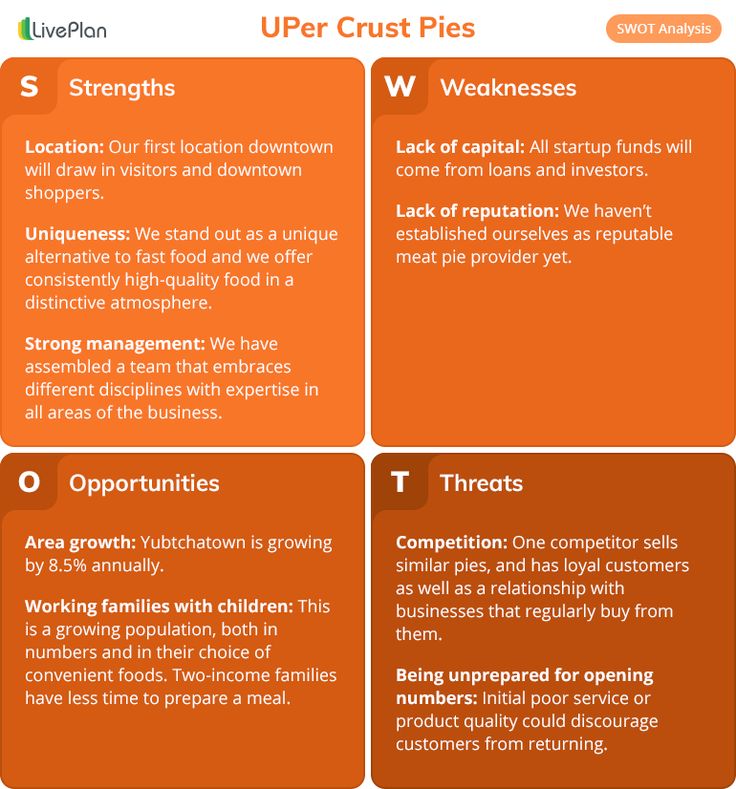
And what about the weaknesses?
Do not work with them at all, you ask? Work. But here it is important to understand how seriously you want to pump a particular quality. It may be enough just to strengthen it to an acceptable level.
In particular, a lot depends on who you are in the company - an ordinary employee, manager or leader. It is clear that the same skill (weak side) is perceived differently at different levels.
For example, it is not as important for a line employee to develop the skill of successful communication as a manager or manager. For him, tasks within the job description come to the fore.
On the other hand, an employee in an appropriate administrative position is simply obliged to work on such a quality as attention to detail. But if he grows up to a leader, he will be able to delegate part of the routine work to subordinates.
With natural strengths that will make you stand out in the market, and weaknesses at an acceptable level, you will become brighter and more in demand in the labor market.
